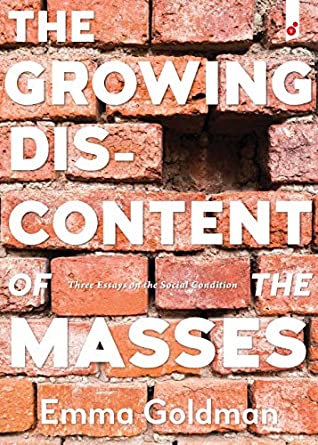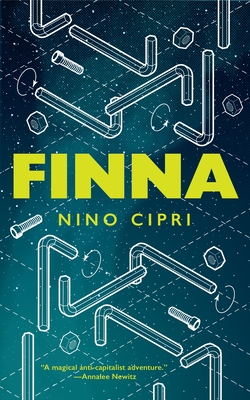Suddenly, you're reading: Two small books to help ease you back into reading again
From December through last month, for personal reasons, I found myself entirely unable to read books. I couldn't focus on any story — fiction or non-fiction — long enough to achieve the kind of immersion that a book requires of its readers. And while the pandemic has created conditions that you would think would be ideal for reading — unstructured time, less activity, fewer real-life distractions — I hear from many people that they're unable to turn their attentions over to a book.
Over the last three weeks or so, I've managed to get back into reading. Partly, it's because the emotional conditions that were consuming my attention have, happily, started to resolve themselves. But partly it's because I purposefully sought out a few shorter books, to retrain my attention into reading again. Here are two recently published brief books that might help you back onto the reading paths.

Over a century after her heyday, Emma Goldman is newly relevant again. The urgency with which Goldman wrote about worker rights, about income inequality, and about the growing chaos in the world has again acquired a contemporary feel. Seattle publisher Vertvolta Press recently reissued three of her essays in an attractive little book titled The Growing Discontent of the Masses, and you could swear some pieces of this book were written last week.
It must be said that not all of Goldman's writing has aged well. There's a bit about "perversion" between same-sex couples in the military that reads particularly badly, and Goldman makes references to a few controversies of her day that have lost all meaning in the modern context. But most of the book has a startling relevance, and Goldman is surprisingly nuanced for such a persuasive writer.
I particularly loved this passage:
"What I believe" is a process rather than a finality. Finalities are for gods and governments, not for the human intellect...In the battle for freedom, as Ibsen has so well pointed out, it is the *struggle* for, not so much the attainment of, liberty, that develops all that is the strongest, sturdiest, and finest in human character.
At a time when "the very foundations of our civilization seem to be tottering," as Goldman says, "The world is at a loss for a way out." Can Goldman's idealistic anarchism find more purchase today than it did in the past? Seems unlikely. But then, who else has a better answer?

At a time when retail workers are risking their lives for minimum wage, Nino Cipri's clever sci-fi novella Finna has also found new relevance. It's the story of two entry-level employees at an IKEA-like store who must travel into alternate dimensions in order to find an elderly woman who got lost somewhere amid all the furniture displays.
You know the creeping sensation when you walk into a huge chain store that every big box store is somehow connected on the inside? Finna approaches that idea with a horrifyingly casual sensibility and stretches it across the multiverse: even in Lovecraftian nightmare dimensions, IKEAs exist. And that pandimensional tumult serves as an external interpretation of the internal struggle of our protagonist, who has just ended a relationship and is trying to navigate to smoother waters.
Cipri is clever enough not to try to stretch the high concept into a whole sci-fi series. She doesn't milk the idea for any longer than it's worth: get in, tell the story, and get out. It's just a glimpse of possibility, without oversharing. In this day and age of prequels and backstories and multi-platform franchises, it's practically a miracle.